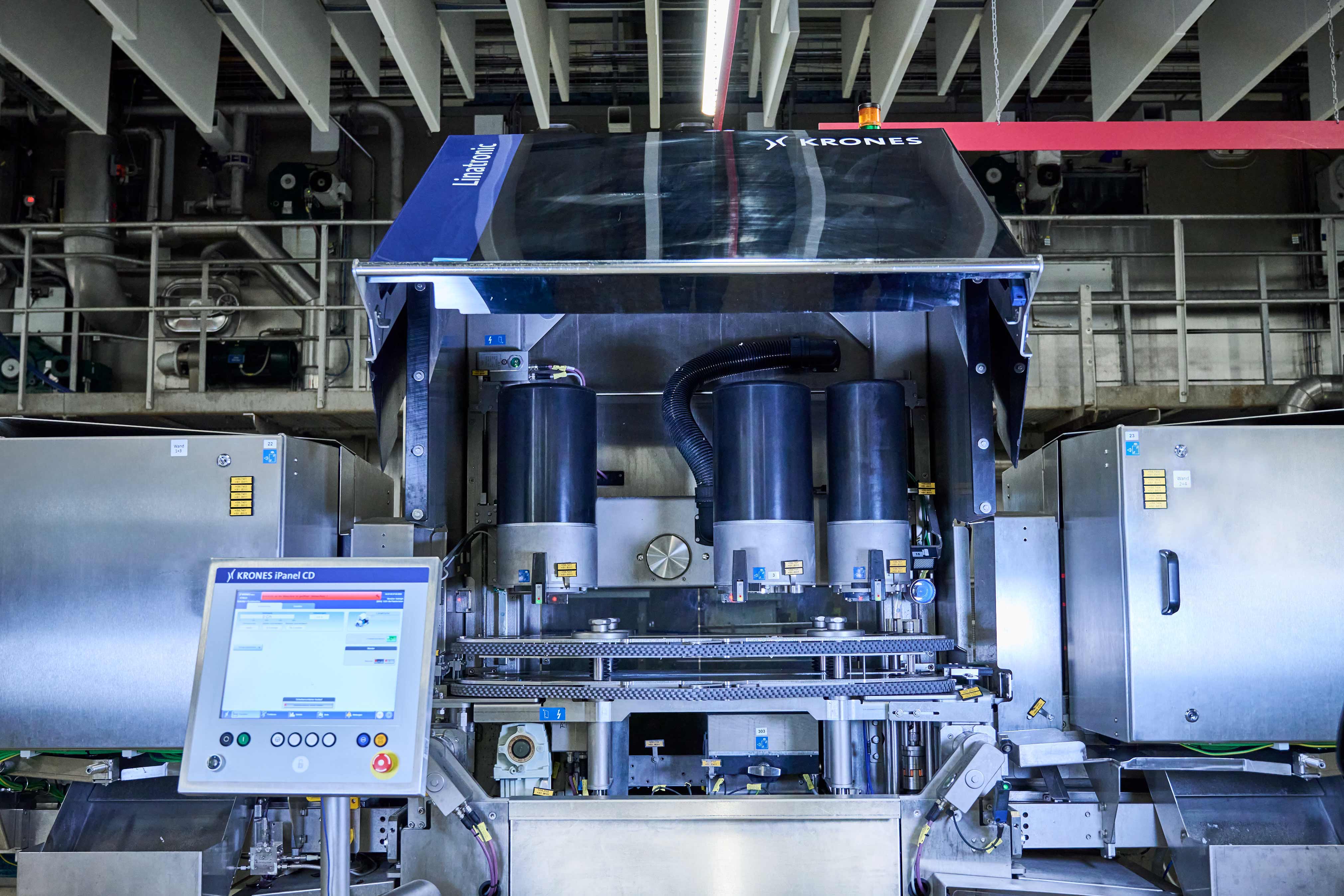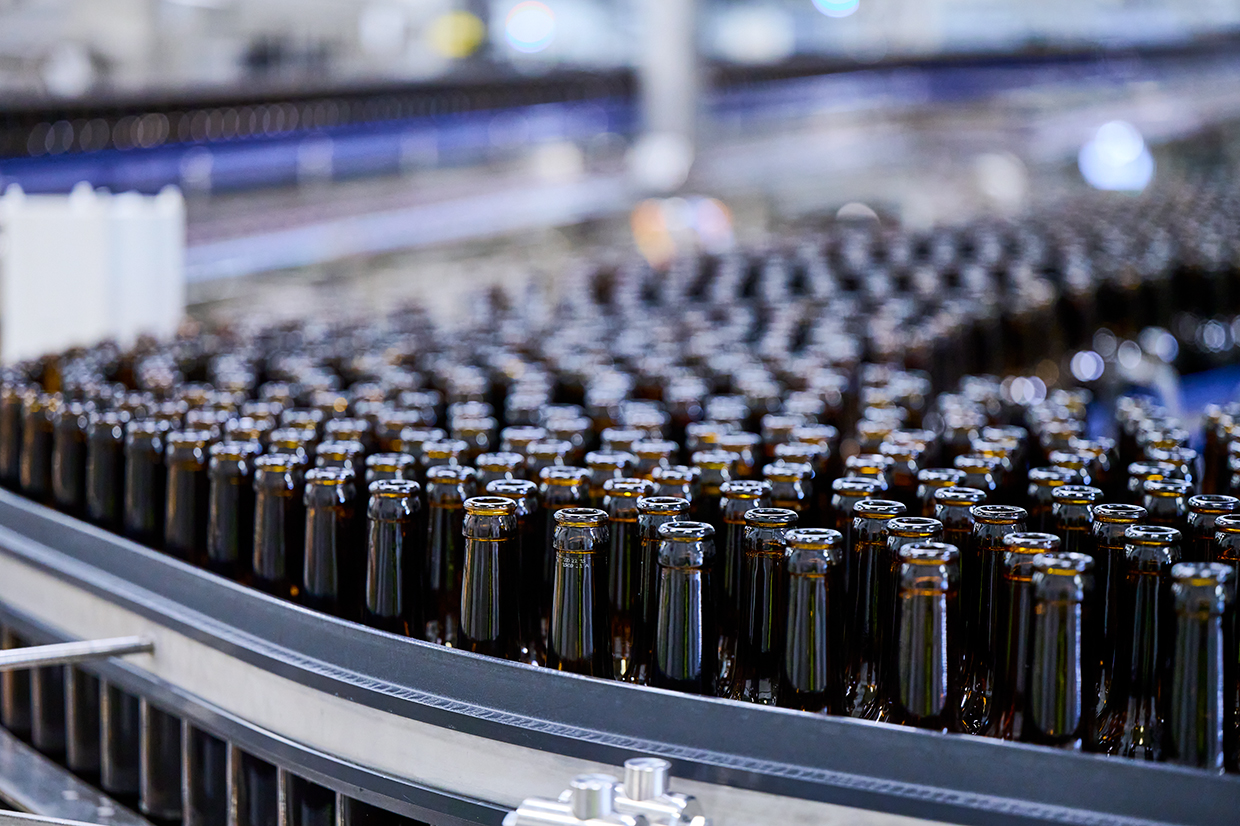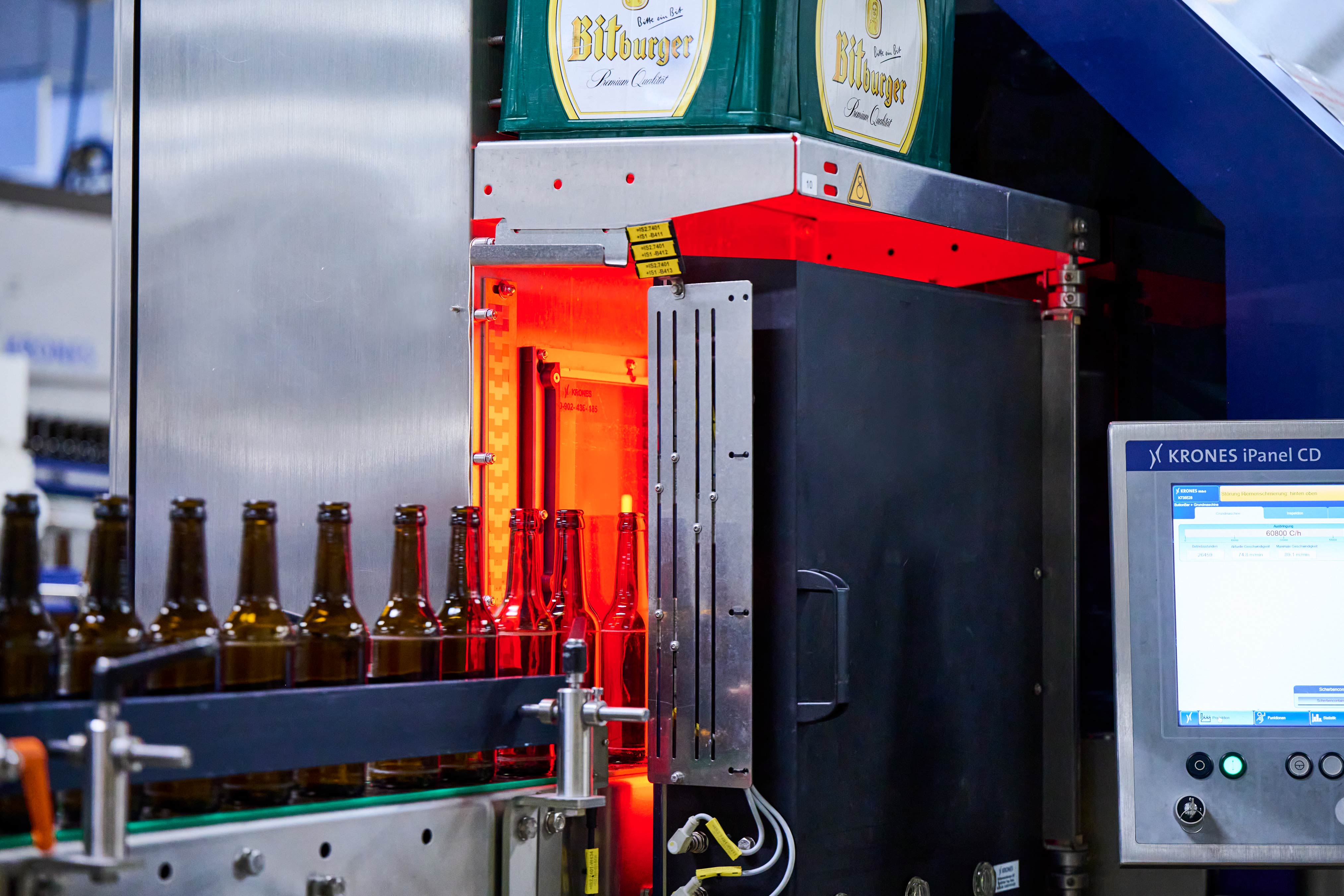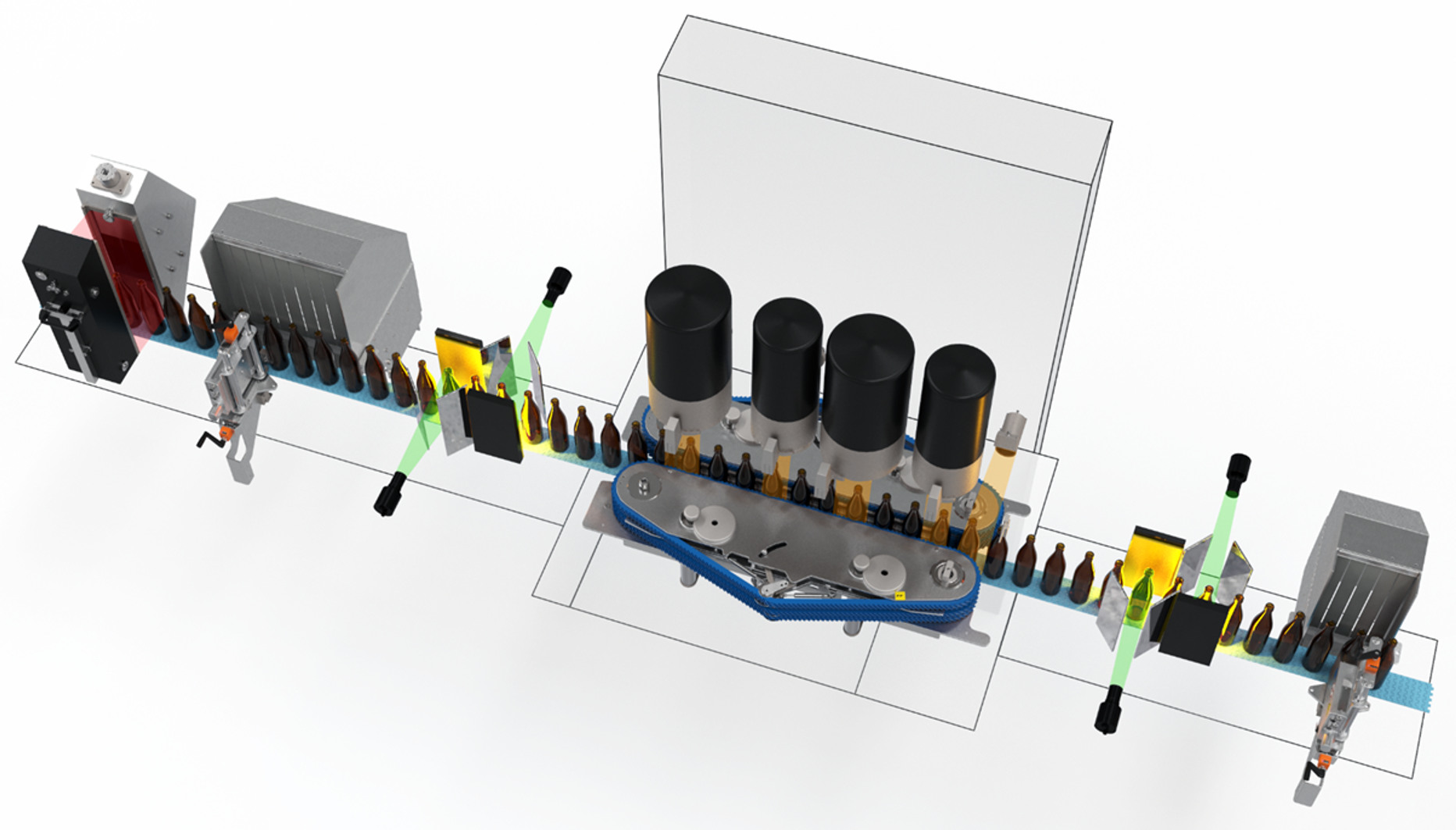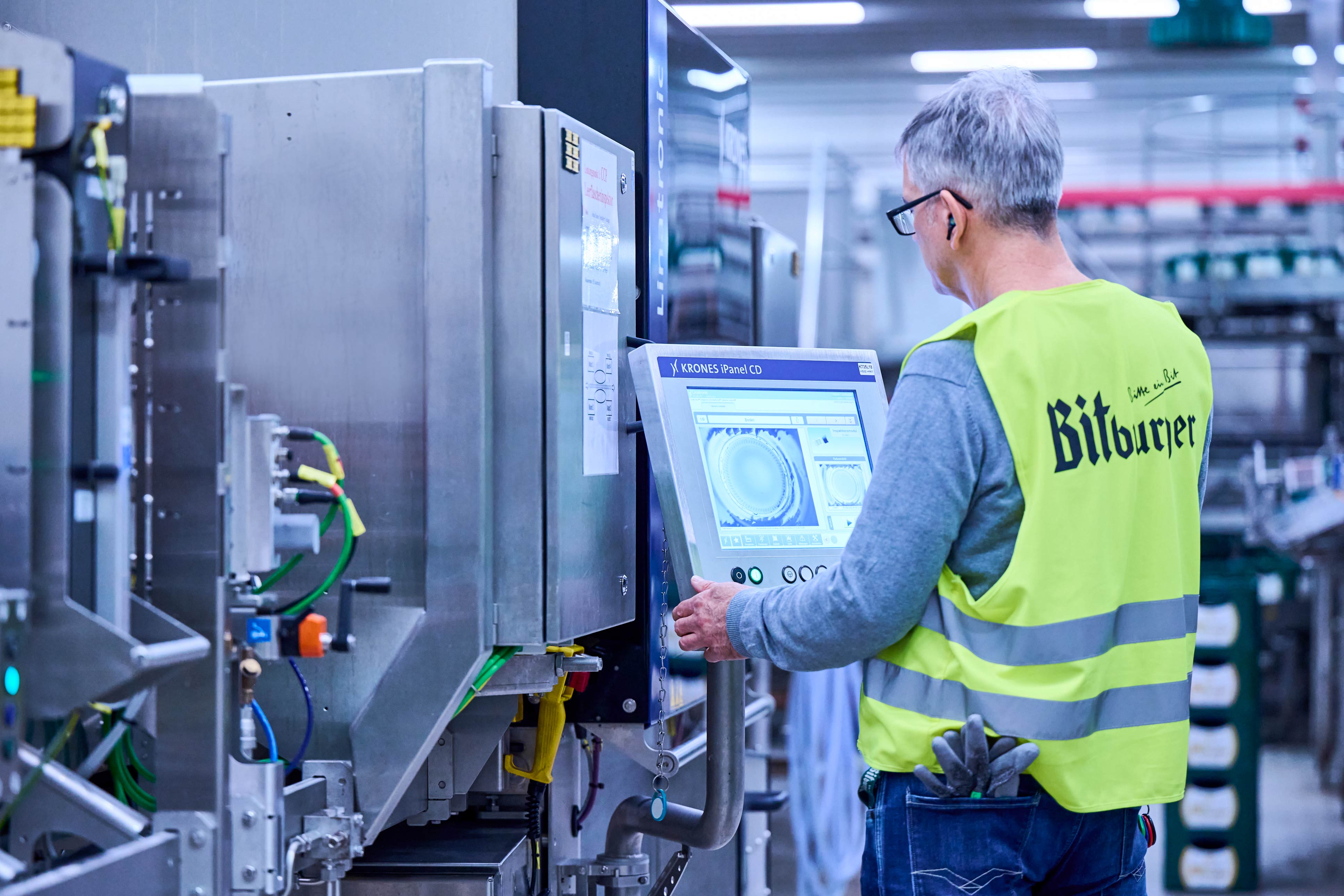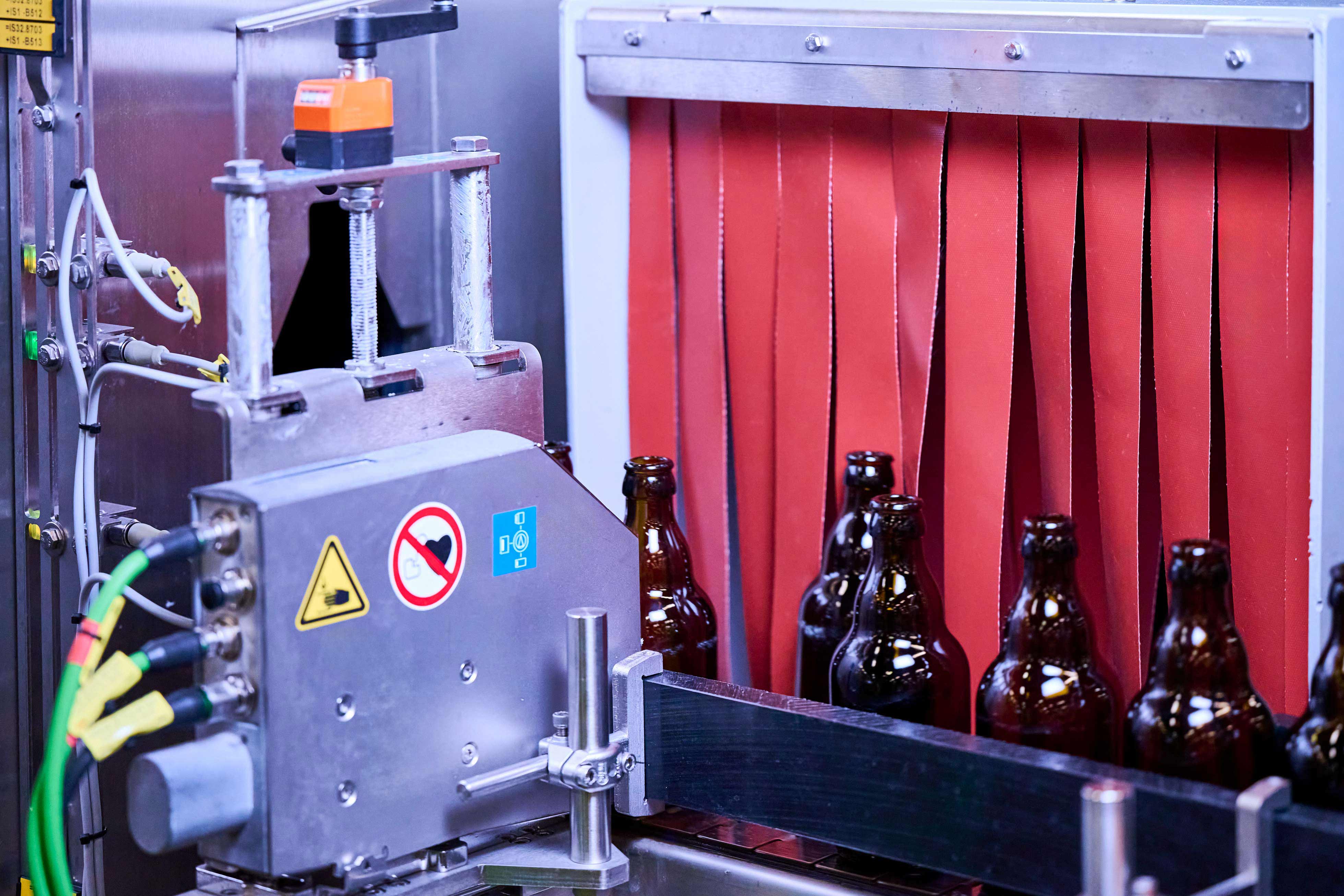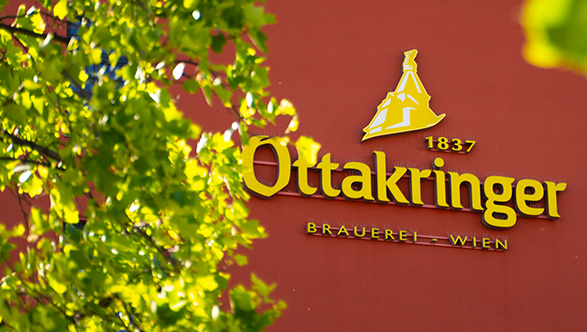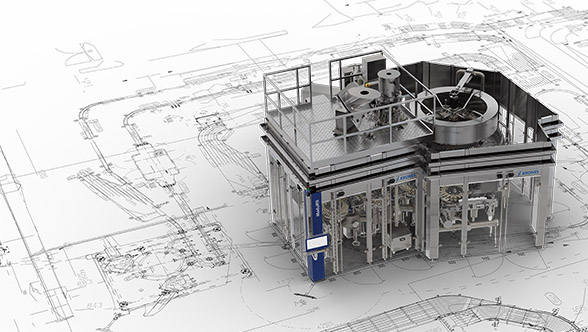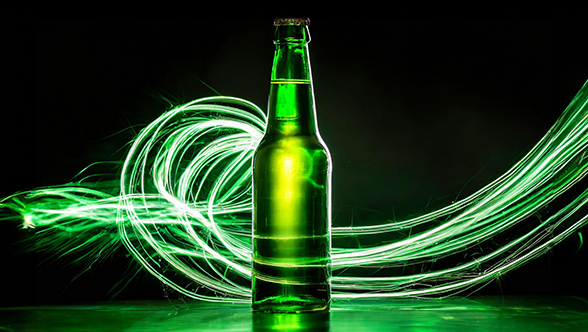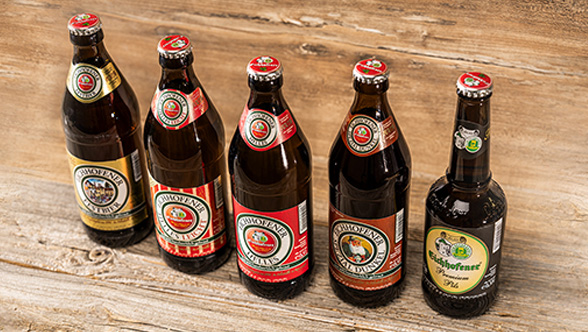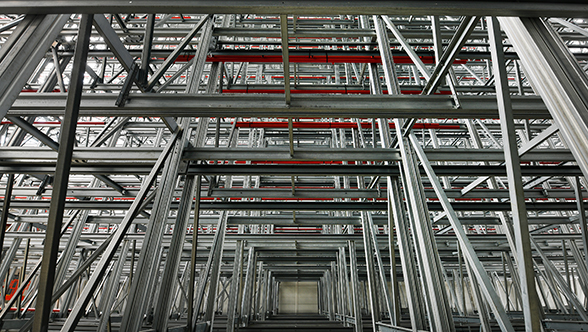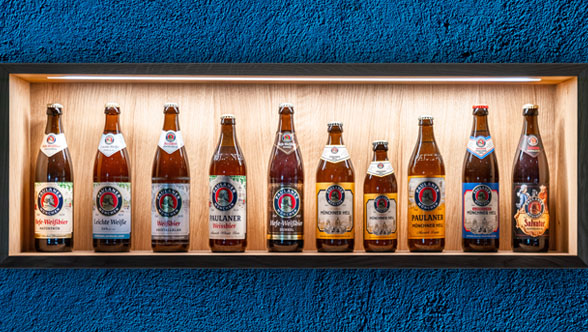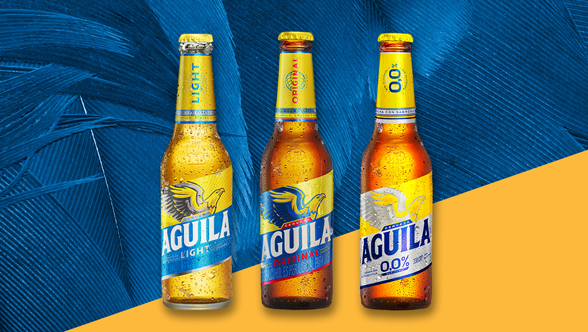The Linatronic AI handles its tasks to consummate perfection. It can be relied upon to detect whether bottles are soiled, exhibit chipping or cracks and/or contain any residual liquid or caustic. Thanks to its artificial neural network, the machine accurately detects material damage and contamination and permits only flawless bottles to pass, thus ensuring better quality and reducing resource consumption.
One of Sherlock Holmes’ distinguishing features is his high innate intelligence. The Linatronic AI, by contrast, has been systematically trained to proceed intelligently. Two partners were of crucial importance in that process: Krones and the Bitburger Brewery. But let’s start at the beginning, just as every careful investigation does.


